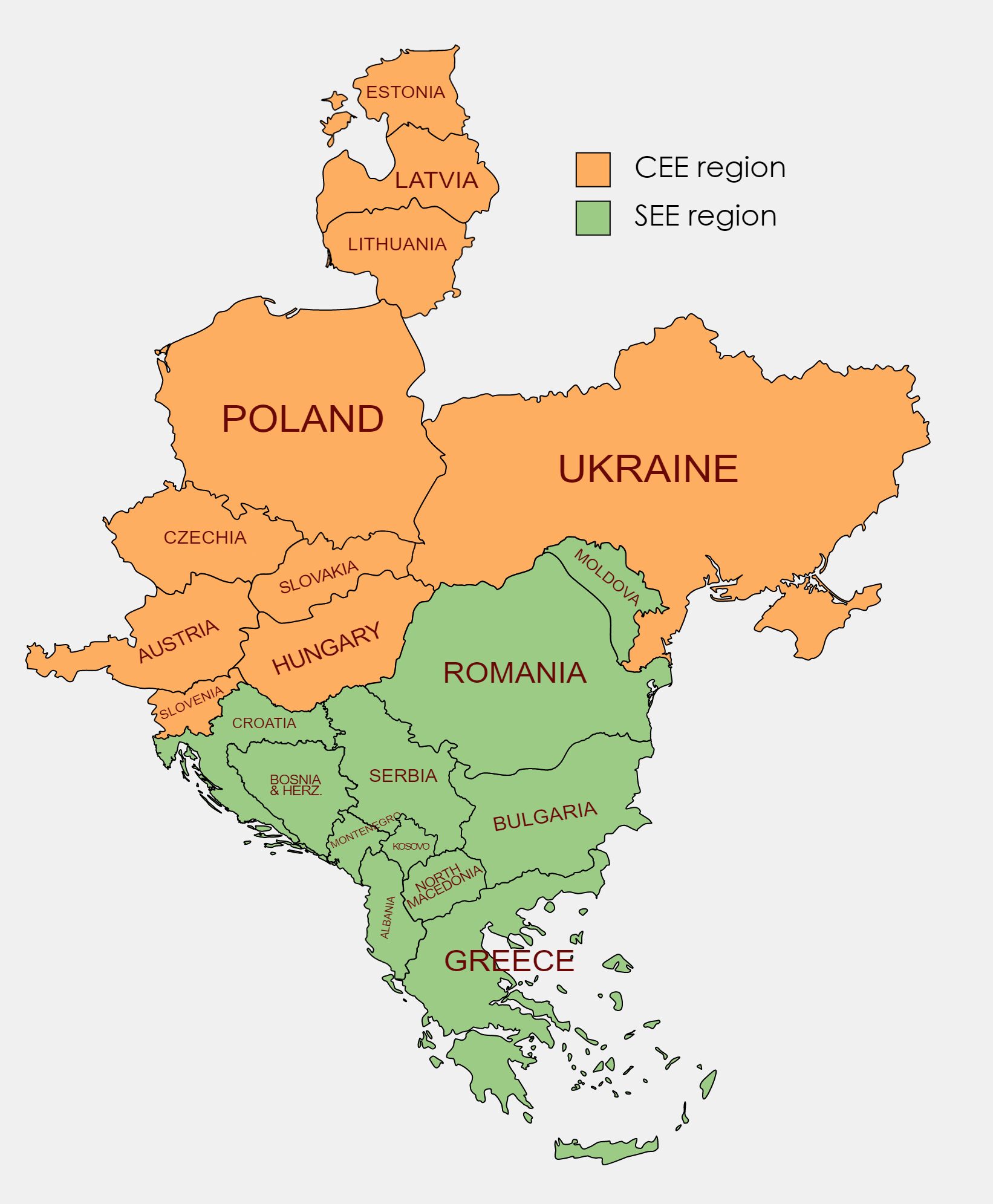Since the environmental challenges are these days on top of the agenda of the European Union (EU), new strategies to incorporate green topics into various spheres, including the building sector, started to emerge more and more often. The EU's Renovation Wave Strategy, which is consolidated into the EU Green Deal, aims to support the improvement of buildings in order to make them more sustainable and energy-efficient.
To maximize the potential of the Renovation Wave Strategy for people who are likely to face energy poverty, a collaboration between Habitat for Humanity Hungary (HFHH) and the Center for the Study of Democracy, Romania (CSD) arose
to raise their concerns toward the EU to consider the need for more region-specific recommendations how to tackle energy poverty.

As stated in the report, more than 50 million people in the EU are unable to secure an adequate level of energy for their living. The most affected regions are located in Central and Eastern (CEE) and Southeastern Europe (SEE). Both of these areas are marked by the era of socialism and a high level of marginalized communities.
While there is no official and general definition of energy poverty, we talk about it when:
Not only is the current state of many dwellings in the CEE/SEE region energy inefficient, but it is also one of the biggest air pollutants in most of the region. Usage of outdated heating systems and solid fuels, such as wood and coal, as the main heating products, caused Hungary to ascribe over 80% of PM2.5 emissions to these combustibles.

Therefore, HFHH and CSD call for EU policies and funding schemes to support the renovation of buildings while taking specific needs and circumstances of the CEE/SEE region into account. As a result, they came up with 13 detailed recommendations within three major topic areas:


Read the whole report with 13 recommendations here.